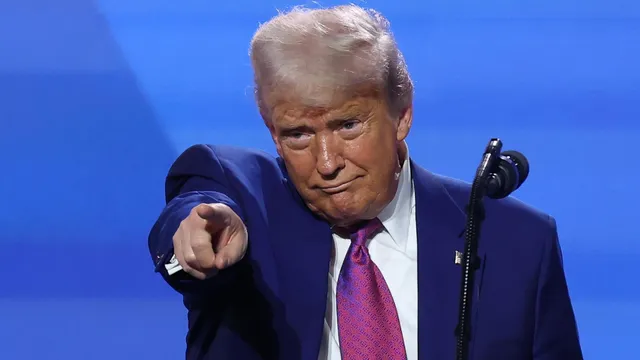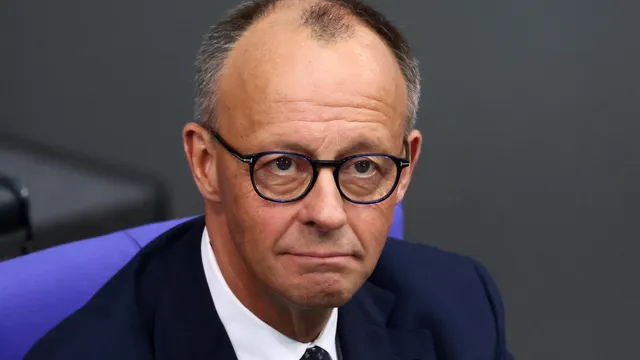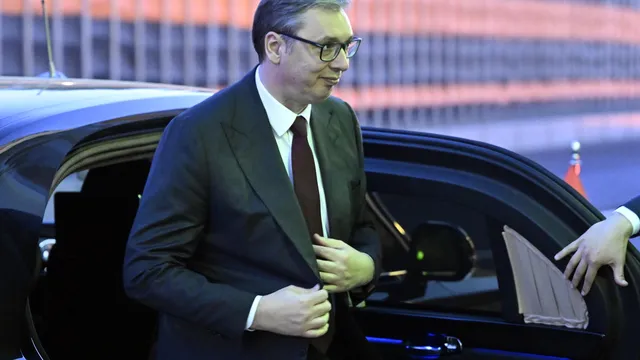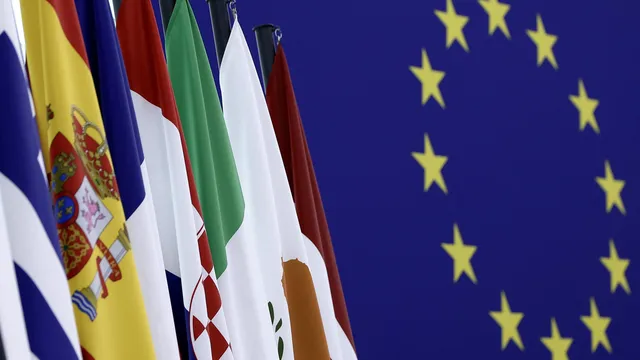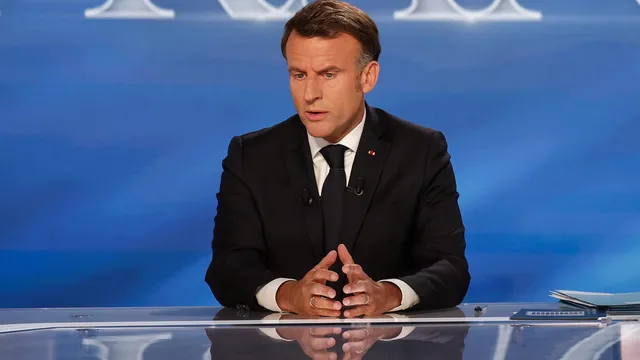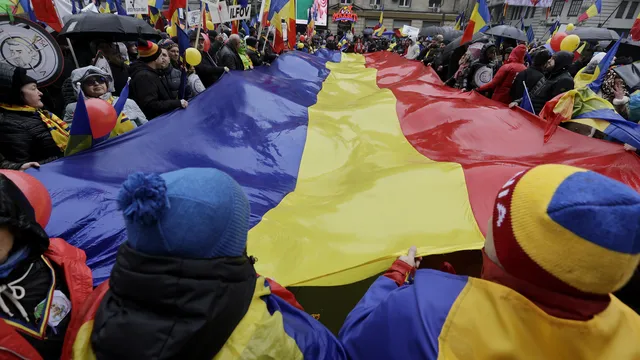Donald Trump met in Riyadh with Syrian President Ahmad al-Assad, whom he asked to normalize relations with Israel after announcing a dramatic lifting of sanctions against Damascus.
The meeting, initially announced as brief and informal by Washington, lasted nearly 30 minutes in the presence of Saudi Crown Prince Mohammed bin Salman and Turkish President Recep Tayyip Erdogan, who joined the conversation virtually.
The US president called on the new Syrian head of state, who came to power in December at the head of a coalition of Islamist forces that overthrew Bashar al-Assad, to join the Abraham Accords, under which several Arab countries recognized Israel in 2020, according to a report published by the White House.
He also asked him to expel "Palestinian terrorists" and take "responsibility" for the prisons where members of the "Islamic State" are being held in Syria, according to the same source quoted by AFP.
Donald Trump announced on May 13 that he would "order the lifting of sanctions against Syria," which are weighing heavily on its economy, saying that this strong gesture would give it "a chance for greatness," in an allusion to his famous slogan "Make America Great Again."
This decision was requested in particular by Saudi Arabia and Turkey.
Syria has been subject to international sanctions since 1979, but these were tightened following the repression of pro-democracy protests by Bashar al-Assad's regime in 2011.
"This gives them a chance to develop. The sanctions were really crippling," the US president reiterated during a meeting in Riyadh with leaders and representatives of the Gulf Cooperation Council (GCC) countries.
These are Saudi Arabia, the United Arab Emirates, Bahrain, Qatar, Kuwait, and Oman—six countries undergoing economic transformation whose diplomatic influence now extends far beyond the Persian Gulf.
"We were convinced that this would give them a chance. In any case, it will not be easy, so this gives them a good and strong opportunity, and it was an honor for me to do so," he said.
Syrian diplomacy welcomed this "decisive turn" after the European Union, the United Kingdom, and Canada had already eased their own sanctions.
Share was welcomed with honors at the Élysée Palace by French President Emmanuel Macron, who on May 7 called on him to protect "all Syrians without exception" from violence and repression between different Syrian communities.
The lifting of sanctions means that "Washington has accepted Saudi Arabia's guarantees to legitimize the new Syrian administration," said Rabha Seif Alam of the Al-Ahram Center for Political and Strategic Studies in Cairo.
This will allow Damascus "to obtain the necessary funds to rebuild the economy, impose central authority, and launch construction projects with the clear support of the Persian Gulf," she added.
The news was greeted with celebrations in Syria, where dozens of men, women, and children gathered in Damascus's Umayyad Square.
The meeting between Trump and Ashar took place despite reservations from Israel, a staunch ally of the US.
After Saudi Arabia, the US president will visit neighboring Qatar and the United Arab Emirates on May 15.
He expressed strong support for governments in the region, criticizing the West's "interventionist" diplomatic strategies. | BGNES

 Breaking news
Breaking news
 Europe
Europe
 Bulgaria
Bulgaria
